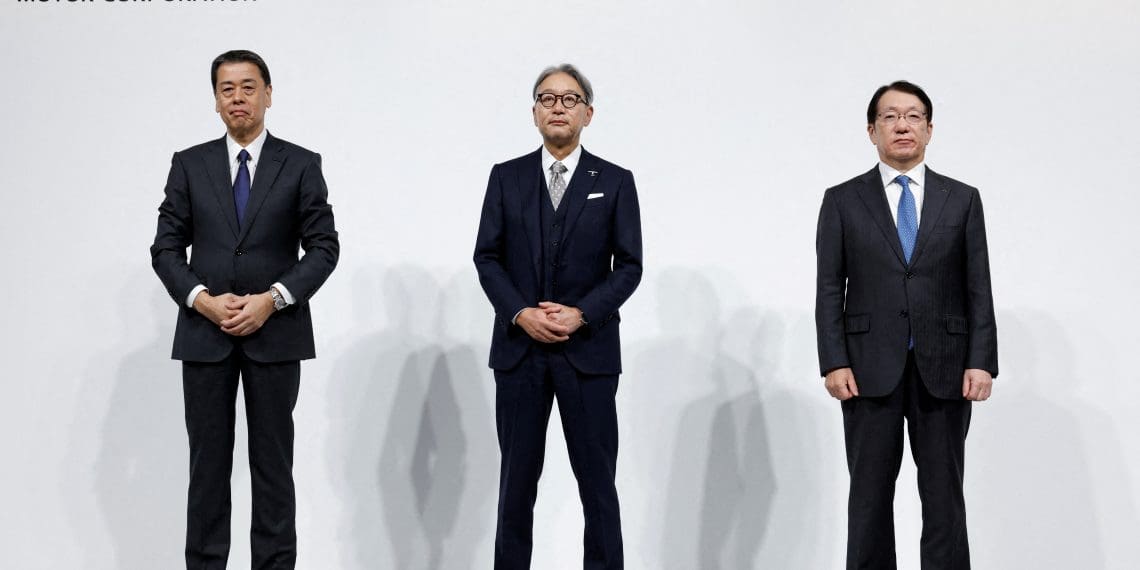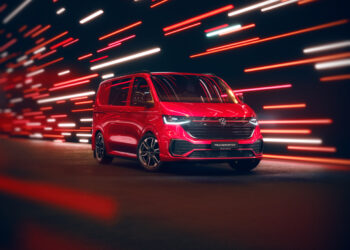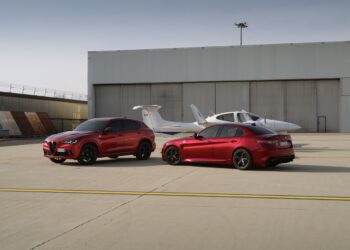Just one month ago, the automotive world buzzed with news of a potential seismic shift: Honda and Nissan signing a memorandum of understanding (MoU) to explore a groundbreaking merger into a single holding company. But as the dust settles, one question looms large—will Mitsubishi join the party or choose independence?
A fleeting alliance?
When Honda and Nissan announced their plans on December 23, 2024, speculation erupted. The MoU promised to unite two of Japan’s automotive giants, potentially creating one of the largest car companies in history. A second MoU, quietly signed the same day, hinted at Mitsubishi’s potential involvement, raising the stakes even higher.
Yet, just weeks later, reports from Japanese newspaper Yomiuri claim that Mitsubishi is bowing out of the deal. While the automaker has yet to confirm its stance, insiders suggest Mitsubishi prefers to stay solo despite Nissan’s 24% ownership stake. A recent statement from Mitsubishi only added to the intrigue, neither confirming nor denying the rumors, and instead claiming the company is “still evaluating options.”
Renault: The elephant in the room
The tangled web of corporate alliances complicates the potential merger further. Renault holds a 15% stake in Nissan (and vice versa), creating a delicate balance of power. Bloomberg reports that Honda, however, wants no part of Renault’s influence in the deal, complicating Mitsubishi’s decision further. Renault’s response to the merger talks has been cautious, stating it would “consider all options based on the best interest of the Group and its stakeholders.”
Mitsubishi’s upcoming fiscal third-quarter earnings presentation on February 3, 2025, could finally bring clarity. The announcement is expected to reveal whether Mitsubishi will join forces with Honda and Nissan or continue as an independent player. Even if Mitsubishi chooses to ride solo, it might not escape Honda-Nissan’s gravitational pull, as the new holding company could still leverage Nissan’s 24% stake to influence Mitsubishi’s future.
Is Honda leading a “disguised takeover”?
Former Nissan-Renault CEO Carlos Ghosn didn’t mince words when weighing in on the merger. In August 2024, Ghosn called Honda’s plans a “disguised takeover” of both Nissan and Mitsubishi, arguing that Honda’s size and market dominance put it in the “driver’s seat.” His comments have reignited debates about whether the merger represents a balanced partnership or a calculated power grab.
Toyota’s perspective: “Not our circus”
Amid the brewing chaos, Toyota, the world’s largest automaker, has kept its distance. Chairman Akio Toyoda dismissed any speculation about Toyota’s involvement, pointing to anti-monopoly laws that would make such a super-merger impossible. With Toyota already managing stakes in Subaru (20%), Mazda (5%), Suzuki (5%), and full ownership of Daihatsu, adding Honda and Nissan to the mix would have been a logistical nightmare.
What’s next for Mitsubishi?
The stakes couldn’t be higher. Joining the Honda-Nissan merger could position Mitsubishi as part of an automotive juggernaut, better equipped to tackle the EV revolution and global competition. However, independence would allow Mitsubishi to maintain autonomy, potentially safeguarding its unique identity in a rapidly consolidating industry.
For now, all eyes are on Mitsubishi’s February 3 announcement. Will it align with Honda and Nissan’s vision for a unified future, or will it gamble on independence in an increasingly cutthroat market?










